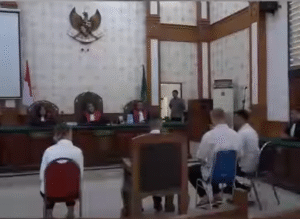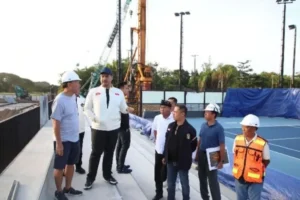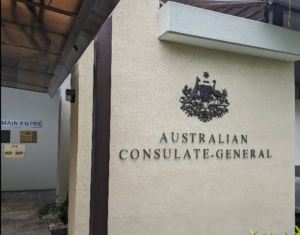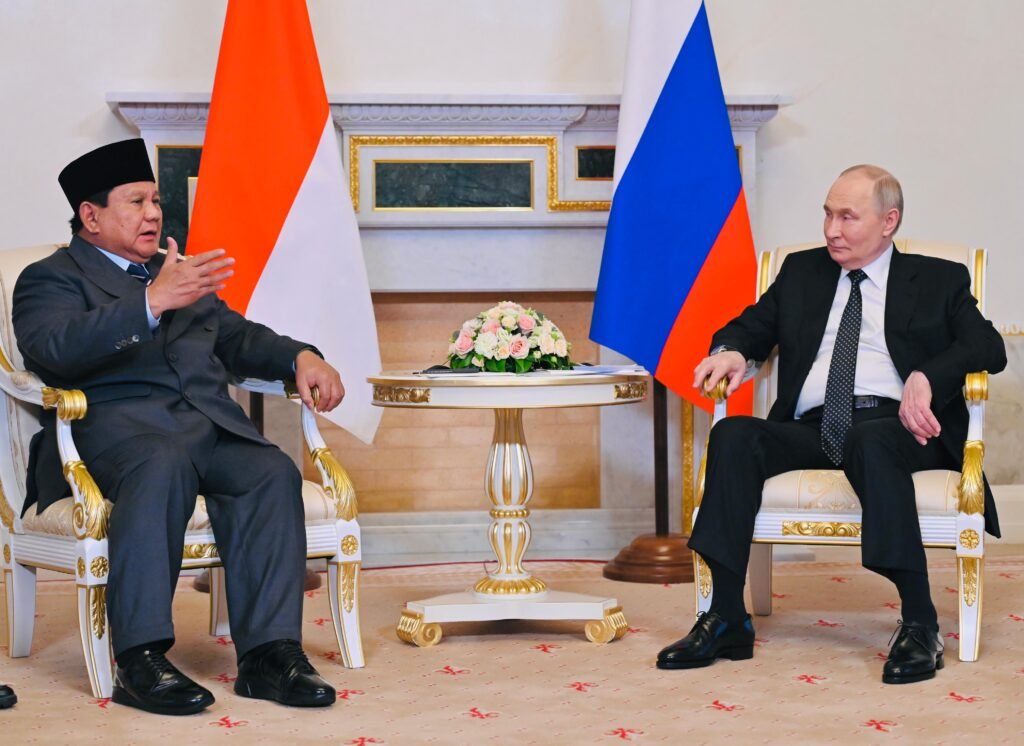
Bali has recently introduced a QR Code regulation for purchasing Pertalite fuel as part of the “Subsidi Tepat” program by PT Pertamina (Persero) through Pertamina Patra Niaga Regional Jatimbalinus. This initiative seeks to ensure that fuel subsidies reach the right recipients and protect state budget allocations from misuse. Here’s everything you need to know about this significant shift in fuel subsidy management.
Why Bali Needs the QR Code System
The “Subsidi Tepat” program is a strategic move by the Indonesian government to address the inefficiencies in fuel subsidy distribution. By implementing a QR Code system, Pertamina aims to ensure that subsidies are provided only to those who genuinely need them. This system is designed to prevent misuse, especially in wealthier areas where residents can afford non-subsidized fuel.
Pertalite, a mid-grade fuel, has been central to Indonesia’s fuel subsidy program due to its affordability and performance. However, its widespread availability has led to concerns about improper allocation of subsidies. The QR Code system is intended to correct these issues, ensuring that state funds are used efficiently and subsidies reach their intended beneficiaries.
How the QR Code System Works
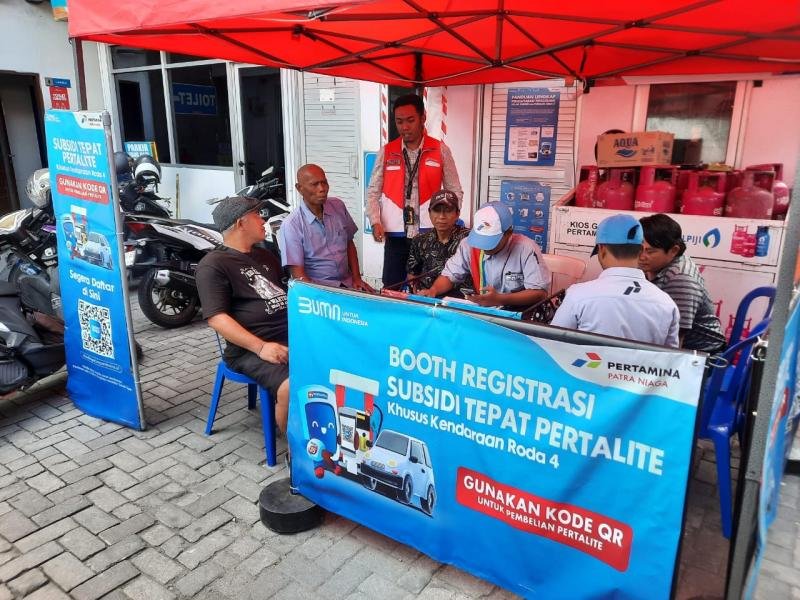
To purchase Pertalite, car owners in Bali must now register for a QR Code. The registration process can be completed online or in person at designated gas stations. Applicants are required to submit identification and vehicle registration documents, which will be verified by Pertamina. The verification process typically takes up to seven days, after which the QR Code is issued.
This QR Code serves as a digital identifier, allowing gas stations to confirm the eligibility of fuel buyers for the subsidy. By scanning the QR Code at the point of purchase, the system ensures that only registered and eligible individuals receive the subsidized fuel, thereby reducing the risk of misuse.
Current Progress and Public Response

As of now, approximately 157,288 vehicles in Bali have registered for the QR Code system, reflecting broad public engagement. Urban areas have shown higher registration rates, driven by effective public awareness campaigns and the convenience of online registration.
While the introduction of the QR Code system has been largely well-received, it has also sparked some concerns. Car owners have raised questions about the necessity of the additional documentation and the potential impact on accessibility. Despite these concerns, many have recognized the system’s potential to enhance transparency and prevent subsidy misuse.
Challenges and Future Outlook
The rollout of the QR Code system has not been without challenges. Technical issues such as website downtime and delays in verification have been reported, prompting Pertamina to provide additional support and resources to ensure a smooth process. Public education and awareness remain key to the program’s success, with ongoing efforts to inform car owners about the benefits and requirements of the new system.
Looking ahead, the success of the QR Code system in Bali could pave the way for its nationwide implementation. Pertamina plans to expand the system to other regions, drawing on lessons learned from Bali’s experience to ensure a seamless rollout across the country.
Final Thoughts
Bali’s introduction of the Pertalite QR Code regulation marks a significant shift in Indonesia’s approach to fuel subsidy management. By leveraging technology to ensure accurate distribution, the government and Pertamina are taking decisive steps to protect state resources and ensure that subsidies benefit those who need them most. As the program evolves, it promises to bring greater transparency, accountability, and efficiency to the country’s fuel subsidy system.


